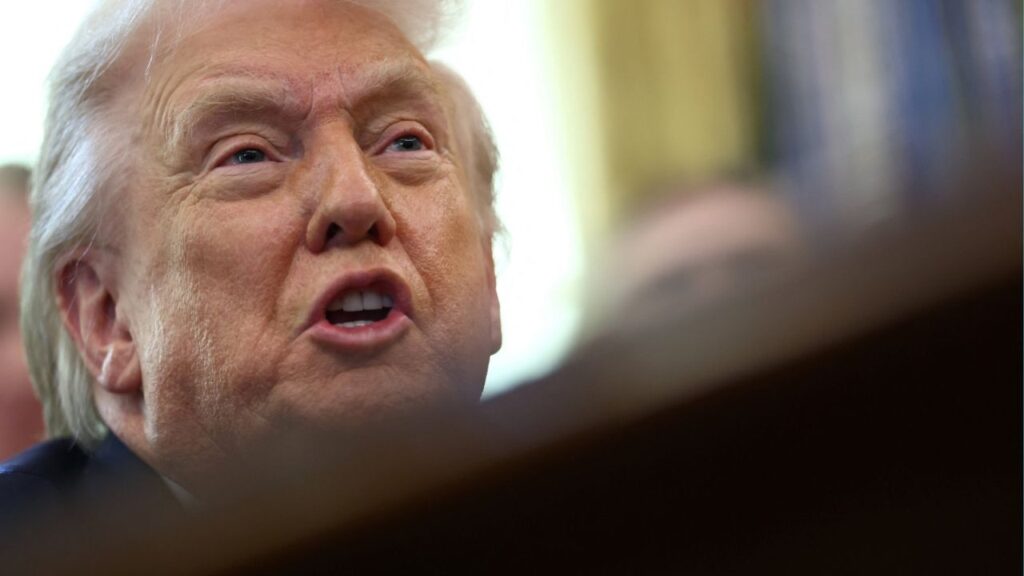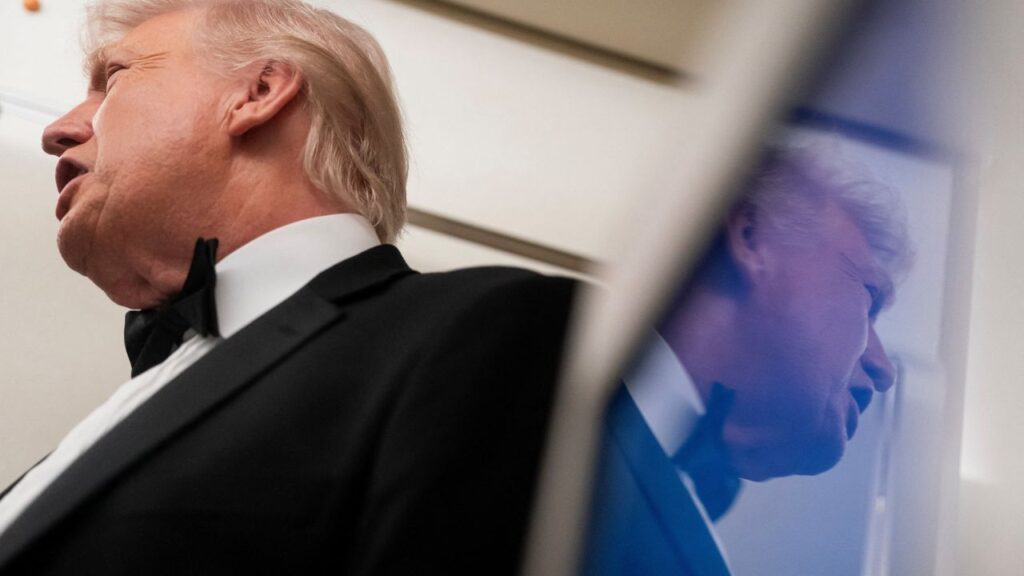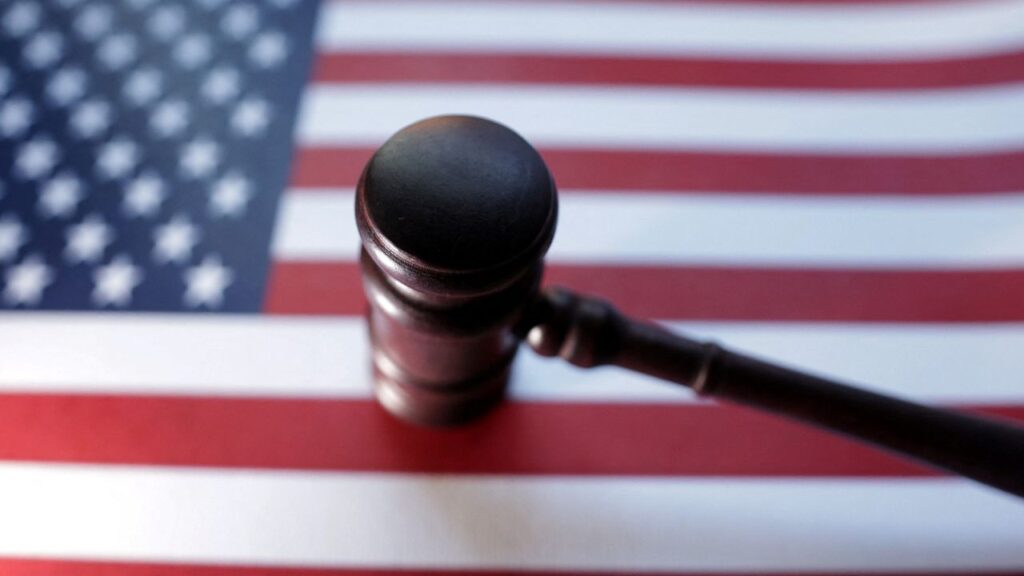How China Is Taking Over International Organizations, One Vote at a Time
Share
[aggregation-styles]
The Wall Street Journal Subscription
When China curtailed political freedoms in Hong Kong this summer, two rival declarations circulated at the United Nations Human Rights Council. One, drafted by Cuba and commending Beijing’s move, won the backing of 53 nations. Another, issued by the U.K. and expressing concern, secured 27 supporters.
China’s show of strength was just the latest diplomatic triumph in Beijing’s drive to sway the system of international organizations in its direction. As the Trump administration stepped back from many parts of the multilateral order established after World War II, China has emerged a chief beneficiary, intensifying a methodical, decadelong campaign.
Beijing is pushing its civil servants, or those of clients and partners, to the helm of U.N. institutions that set global standards for air travel, telecommunications and agriculture. Gaining influence at the U.N. permits China to stifle international scrutiny of its behavior at home and abroad. In March, Beijing won a seat on a five-member panel that selects U.N. rapporteurs on human-rights abuses—officials who used to target Beijing for imprisoning more than a million Uighurs at so-called re-education camps in Xinjiang.
Read More →
The Wall Street Journal Subscription
When China curtailed political freedoms in Hong Kong this summer, two rival declarations circulated at the United Nations Human Rights Council. One, drafted by Cuba and commending Beijing’s move, won the backing of 53 nations. Another, issued by the U.K. and expressing concern, secured 27 supporters.
China’s show of strength was just the latest diplomatic triumph in Beijing’s drive to sway the system of international organizations in its direction. As the Trump administration stepped back from many parts of the multilateral order established after World War II, China has emerged a chief beneficiary, intensifying a methodical, decadelong campaign.
Beijing is pushing its civil servants, or those of clients and partners, to the helm of U.N. institutions that set global standards for air travel, telecommunications and agriculture. Gaining influence at the U.N. permits China to stifle international scrutiny of its behavior at home and abroad. In March, Beijing won a seat on a five-member panel that selects U.N. rapporteurs on human-rights abuses—officials who used to target Beijing for imprisoning more than a million Uighurs at so-called re-education camps in Xinjiang.
Read More →
By By Yaroslav Trofimov, Drew Hinshaw and Kate O’Keeffe | 29 Sept 2020
RELATED TOPICS:
Categories
Latest
Videos

Local /
21 minutes ago
Teen Arrested at Visalia Mall After Firearm Report

Tech /
44 minutes ago
Tumblr Goes Down for Thousands, Downdetector Reports

Crime /
3 hours ago
















